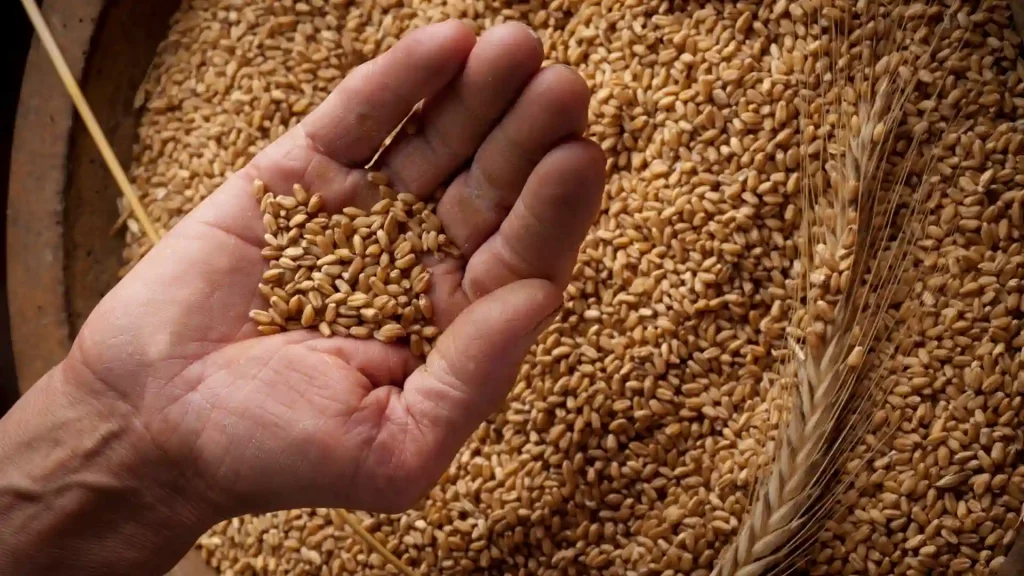India has banned all wheat exports with immediate effect starting last Saturday, as an unrelenting heatwave limited output and local prices touched an all-time high, in addition to strong export demand. The ban comes just days after the government said it was targeting record shipments of wheat this year.
The Indian government said that it would still permit export of wheat to those countries for whom letters of credit have already been issued, as well as to those countries trying to meet food security needs.
Before the ban, India was targeting shipping more than 10 million tons of wheat this year, as global buyers were banking on the country – the second largest producer of wheat – after the Russian invasion of Ukraine disrupted supplies worldwide.
The ban from India is expected to drive up the prices of wheat globally, and would hit consumers in Asia and Africa the hardest.
Steeply rising prices of food and energy had pushed up India’s inflation rate to an 8-year high in April, supporting the view from economists that the Central bank would have to raise interest rates aggressively.
The price of wheat in the country has risen to record highs, to as much as USD323 per ton. The government fixed minimum support price was INR 20,150 per ton.
Lower crop size in India
Earlier this week, India had outlined its record export target for the 2022-23 fiscal year that started on April 1, mentioning that it would send trade delegations to countries such as Morocco, Tunisia, Philippines and Indonesia to explore ways to further boost shipments.
But a sharp and sudden rise in temperatures in mid-March means the crop size could be smaller than expected at around 100 million tons or even lower, compared to a government estimate for an all-time high of 111.32 million tons.
A dealer with a Delhi-based trading firm said that the government’s procurement has fallen by more than 50 percent, indicating a far lower crop yield than expected.
In April, India exported a record 1.4 million tons of wheat and agreements were already signed to export around 1.5 million tons in May.
Due to the absence of any other large supplier of wheat in the global market, the Indian ban is slated to raise the price of wheat globally.
Even though it is the world’s second largest producer of wheat, India consumes most of the wheat it produces.
Much of what remained would have gone to other developing countries such as Indonesia, the Philippines and Thailand.
Apart from problems with weather damaging harvests, India’s vast stocks of wheat – a buffer against famine – have been strained by distribution of free grain during the pandemic to about 800 million people.
To balance supply and demand, the government needs about 25m tons of wheat each year for an extensive food welfare programmes that typically feeds more than 80 million people.
